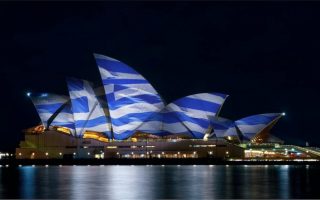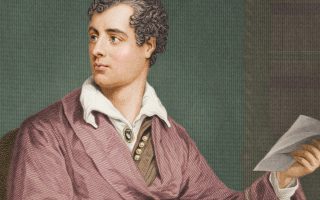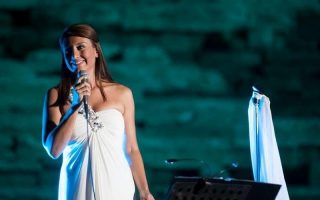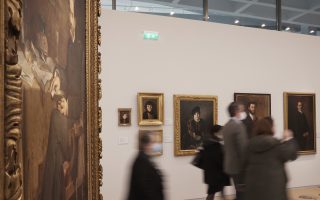Music for the ideal revolutionary from the Greek National Opera
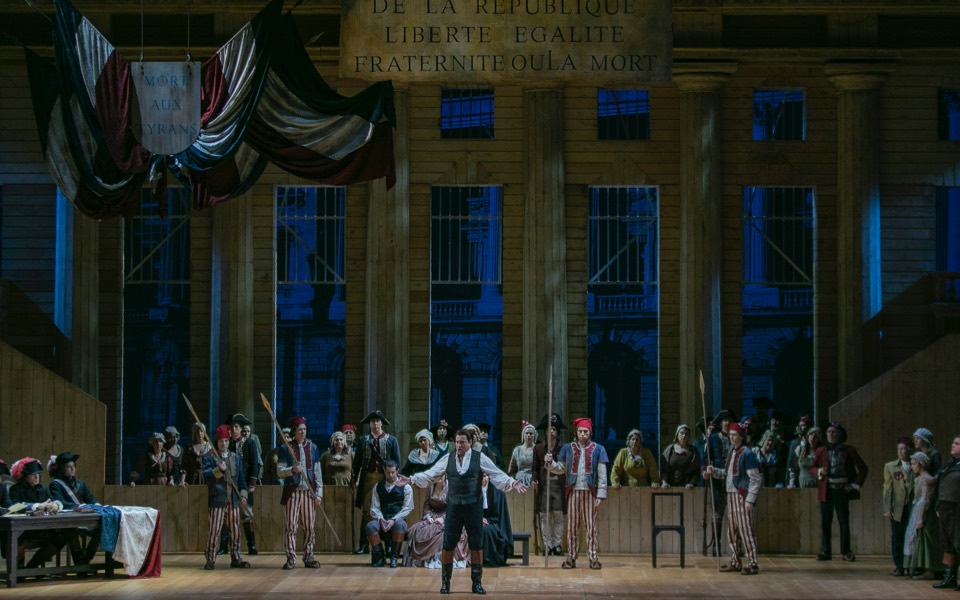
Philippe Auguin is by no means new to the Greek National Opera. Before taking up the invitation to conduct Umberto Giordano’s “Andrea Chénier,” the French maestro had worked with the company on “Tannhäuser” in 2009, “Nabucco” in 2018, “La Sonnambula” in 2019 and “Don Carlos” in 2020, while also participating as a resident artist throughout the 2019-20 season. But this project, which inaugurated the GNO’s tribute to the bicentennial of the start of the Greek War of Independence, makes him feel especially at home.
“Every French person who loves history also loves the history of Greece, and not just its ancient history, but its modern one as well, and that includes the Greek Revolution, which had ties to France. So, when I was invited by the Greek National Opera, it was like coming to a place where I did not feel like an outsider,” Auguin tells Kathimerini on the occasion of the opera’s launch on the GNO’s YouTube channel, where it will be available until July 31.
The Greek-French connection, however, does not end there, as the opera is inspired by the life of Andréhéier (1762-1794) a poet who was born in Constantinople to a French father and a Greek mother and died in the French Revolution.
The libretto by Luigi Illica tells the tale of how the Parisian aristocrat went from being a champion of the popular uprising to a critic of its most extreme tactics – the Reign of Terror – to being branded a conspirator and condemned to death. His arrest is the work of Carlo Gérard, a hero of the revolution and a rival for the love of the daughter of the count of Coigny. Gérard tries to save the poet from the guillotine in the final hour by admitting that the charges leveled against him were false, but to no avail.
In the GNO production, which is directed by Nikos Petropoulos, the title role is performed by Argentinian tenor Marcelo Αlvarez, with Greek baritone Dimitri Platanias as Gérard and Italian soprano Maria Agresta as Maddalena di Coigny.
What aspect of “Andrea Chénier” is most fascinating for a conductor?
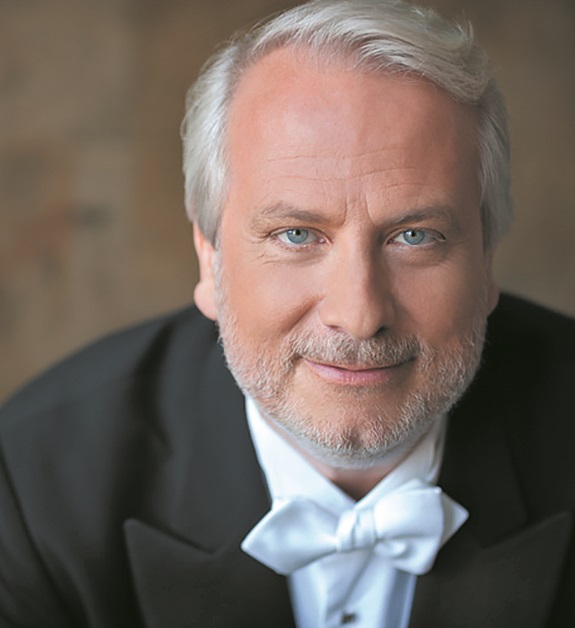 “Umberto Giordano wrote the opera in the general framework of verismo, but in a style that was different to his contemporaries,” says Auguin. “The first three acts resemble a symphonic poem, without famous arias that seek to draw attention. It is all about the psychology of the protagonists, so the orchestral part is very dramatic, as it aims to highlight and comment on their emotions.”
“Umberto Giordano wrote the opera in the general framework of verismo, but in a style that was different to his contemporaries,” says Auguin. “The first three acts resemble a symphonic poem, without famous arias that seek to draw attention. It is all about the psychology of the protagonists, so the orchestral part is very dramatic, as it aims to highlight and comment on their emotions.”
At the same time, however, the music also seeks to underscore the intensity of the conflict between the rival social groups in the French Revolution. It could be said that the depiction of social discord would be more suitable to more abstract arts than music, but Auguin does not agree.
“What matters is the intensity of those things that music can confirm,” he argues. “Music is not a blank slate; it makes use of signified and signifier, though every composer may employ them in a different way. ‘Andrea Chénier’ has many historical elements that are deliberately inaccurate, which are framed from an idealistic point of view of the French Revolution and of an ideal society. Giordano created the ideal revolutionary, who wants to make the world a better place. I think, though, that the character of Gérard is also at the center of the opera, because he changes at the end, he recognizes his error, and hopes that people can also become better.”
Auguin has the experience needed to get to the crux of any piece. He worked as assistant to greats Herbert von Karajan and Georg Solti and has conducted great orchestras, while he was also music director of the Washington National Opera from 2010 to 2018 and still holds the honorary title.
“When you study a score, you look for those elements that distinguish the composer from others, both in the music and in the way that tempo is employed, so as to change the perspective. You look for the poetry,” he says.
“I always remember something that Claude Debussy wrote to a friend when he was composing the opera ‘Pelléas et Mélisande,’ remarking on the challenge of depicting the emotion, the atmosphere, the entire world of the opera. ‘All of this must be said using just Do, Re, Mi, Fa, So, La, Ti!’ he wrote. And that was Debussy!”


